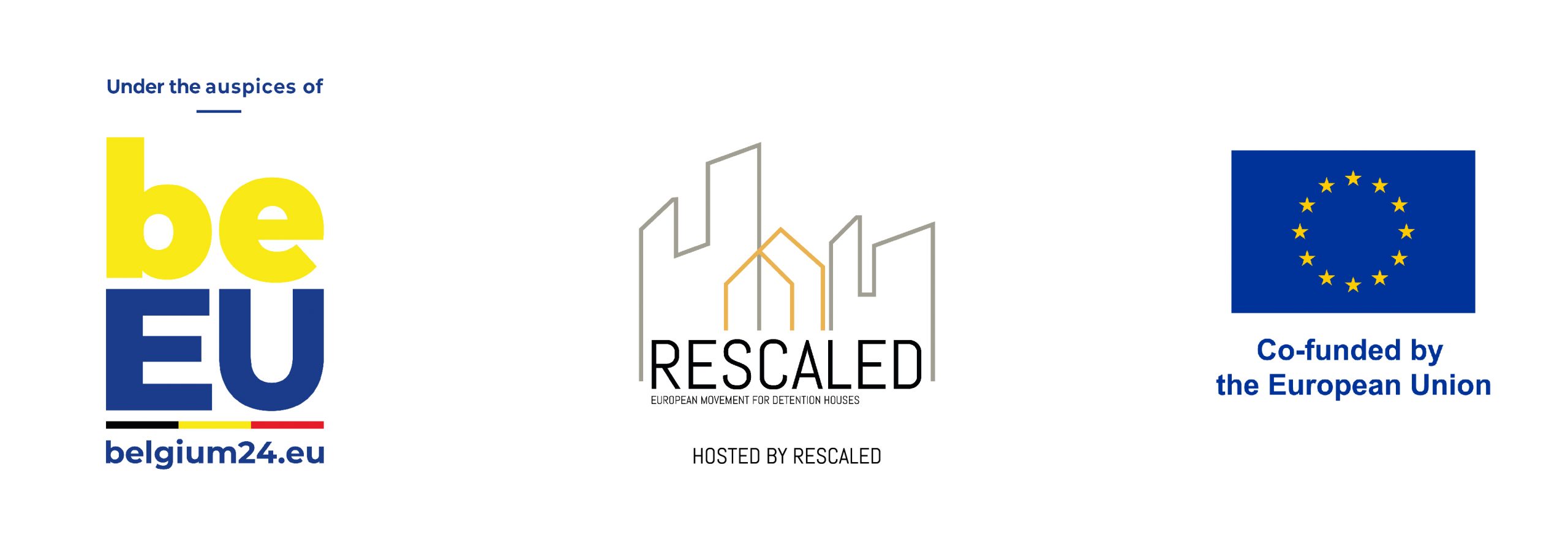“[Prison] relieves us of the responsibility of seriously engaging with the problems of our society”
– Angela Davis
Youngsters
Child-friendly justice refers to a system of legal proceedings and practices that are designed to meet the unique needs and rights of children within the justice system. The goal is to ensure that children are treated with dignity, respect, and understanding, taking into account their developmental and emotional needs.
When addressing the issue of youngsters deprived of their liberty to some extent, it’s crucial to approach the matter with a focus on rehabilitation, education, and the overall well-being of the young individuals involved. Implementing child-friendly justice practices contributes to a legal system that respects and upholds the rights of children while promoting their overall well-being and development.
core questions
01.
What are practices in Europe for replacements for prison we can learn from?
02.
What needs to happen in order to stop placing youngsters in prison?
03.
What are important European and International frameworks for change?

youngsters
Child-friendly justice refers to a system of legal proceedings and practices that are designed to meet the unique needs and rights of children within the justice system. The goal is to ensure that children are treated with dignity, respect, and understanding, taking into account their developmental and emotional needs.
When addressing the issue of youngsters deprived of their liberty to some extent, it’s crucial to approach the matter with a focus on rehabilitation, education, and the overall well-being of the young individuals involved. Implementing child-friendly justice practices contributes to a legal system that respects and upholds the rights of children while promoting their overall well-being and development.
Read More
Read Less
core questions
01.
What are practices in Europe for replacements for prison we can learn from?
02.
What needs to happen in order to stop placing youngsters in prison?
03.
What are important European and International frameworks for change?
COMMUNITY
Meet colleagues across Europe pursuing the same goal. Contribute your knowledge to the community. Be the first to hear the latest developments on small scale forms of detention. Unlock your curiosity and become part of the RESCALED community.

David Romero McGuire [United Kingdom] David Romero McGuire joined Diagrama Foundation after leaving university and spent his first five years as a Social Educator in a secure establishment. In 2006 he led an after-care programme that helped children and young people who had been through the justice system. In 2008 he moved from Spain to the UK to establish the Foundation in the UK and was appointed Chief Executiv. David is member of the European Society of Criminology (ESC) and the European Prison Education Association (EPEA). For more information: dmcguire@diagrama.org

Bauke De Bie [Belgium] Bauke De Bie holds a master’s degree in Criminology (University of Ghent). She gained experience as an intern in the prison of Oudenaarde. After my studies, She worked for one year as a prison governor in the prison of Oudenaarde. She has been a member of vzw De Huizen since 2023 and started in 2024 as the Belgian coordinator of RESCALED and the national coordinator of vzw De Huizen. For more information: bauke@dehuizen.be

Ludmila Dias Andrade [Netherlands] Ludmila Dias Andrade is the international coordinator within the Dutch organization ‘Young Perspectives (YOPE)’. She has a background in social and political sciences and eight years of professional experience in youth-led and youth-focused programming, advocacy, and capacity development in the fields of peacebuilding and justice. For more information: ludmilad.andrade@gmail.com

Stanislav Solodov [Estonia] Stanislav works for the Ministry of Justice. He studied corrections and worked in a female prison. He holds a Master’s degree in Social Sciences. From the summer of 2023, he started working at a new project (co-financed by ESF) aiming at preventing young offenders from entering the criminal justice system. He is interested in topics such as prison environment and social climate, social network, desistance from crime, restorative justice. For more information: Stanislav.Solodov@just.ee

Charlie Mifsud [Malta] Charlie Mifsud is Founder, Chairperson and Programme Director of the RISe Foundation. The RISe (Rehabilitation In Society) Foundation was founded in 2013 and is based on the principles of restorative justice. Their aim is to provide incarcerated persons with adequate rehabilitation services, direction and surveillance in order to fully reintegrate in the community. For more information: cm@risemalta.org.mt
Important note 5.
The ERDH shall only apply to adults above 18 and older who are sentenced under national law. Minors shall neither be incarcerated in prisons nor in detention houses.
Art. 10
Age-friendly
- Incarcerated persons shall have the opportunity to spend time with same-age peers and those of other ages through meaningful contact in and outside the detention house.
- Young adults shall be placed in detention houses with differentiated treatment compatible with their age-specific needs and that provide for integration with youth groups in the local community.
- Detention houses shall reduce ageist attitudes, prejudices and stereotypes through education and intergenerational contact inside the detention house and with the community
THE EUROPEAN RULES ON DETENTION HOUSES
The European Rules on Detention Houses (ERDH) is a milestone document for the criminal justice system and reflects the larger impact of this system on society. Drafted by representatives with different legal and cultural backgrounds from all regions of Europe, the ERDH were launched on October 31st as common standards to implement small-scale, differentiated and community-integrated detention houses in the European Union, as part of a pivotal change already happening in criminal justice systems across Europe. The ERDH set out the ecosystem of a detention house on its own and as part of, and within a community and society, emphasizing sustainability. As the European Prison Rules have been common standards for large-scale prison institutions, the European Rules on Detention Houses shall form essential standards for detention houses, in order to guarantee a way of liberty deprivation that is humane and more fit for the 21stcentury.
European Rules on Detention Houses [ERDH]
THE EUROPEAN RULES ON DETENTION HOUSES
The European Rules on Detention Houses (ERDH) is a milestone document for the criminal justice system and reflects the larger impact of this system on society. Drafted by representatives with different legal and cultural backgrounds from all regions of Europe, the ERDH were launched on October 31st as common standards to implement small-scale, differentiated and community-integrated detention houses in the European Union, as part of a pivotal change already happening in criminal justice systems across Europe. The ERDH set out the ecosystem of a detention house on its own and as part of, and within a community and society, emphasizing sustainability. As the European Prison Rules have been common standards for large-scale prison institutions, the European Rules on Detention Houses shall form essential standards for detention houses, in order to guarantee a way of liberty deprivation that is humane and more fit for the 21stcentury.
Important note 5.
The ERDH shall only apply to adults above 18 and older who are sentenced under national law. Minors shall neither be incarcerated in prisons nor in detention houses.
Art. 10
Age-friendly
- Incarcerated persons shall have the opportunity to spend time with same-age peers and those of other ages through meaningful contact in and outside the detention house.
- Young adults shall be placed in detention houses with differentiated treatment compatible with their age-specific needs and that provide for integration with youth groups in the local community.
- Detention houses shall reduce ageist attitudes, prejudices and stereotypes through education and intergenerational contact inside the detention house and with the community
EUROPEAN RULES ON DETENTION HOUSES [ERDH]
European organisations
Publications

INSPIRATION
Number of minors in Estonian prisons hits all-time low
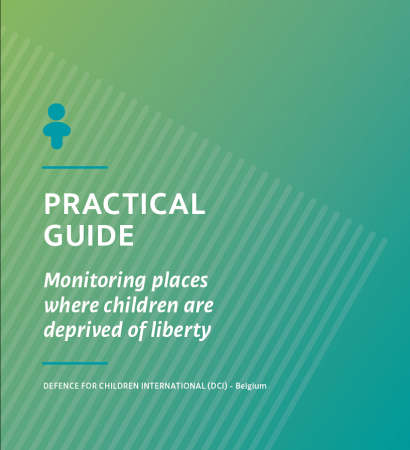
PROJECT
Monitoring of places of deprivation of liberty for children

ORGANISATION
“Children’s Rights Behind Bars”
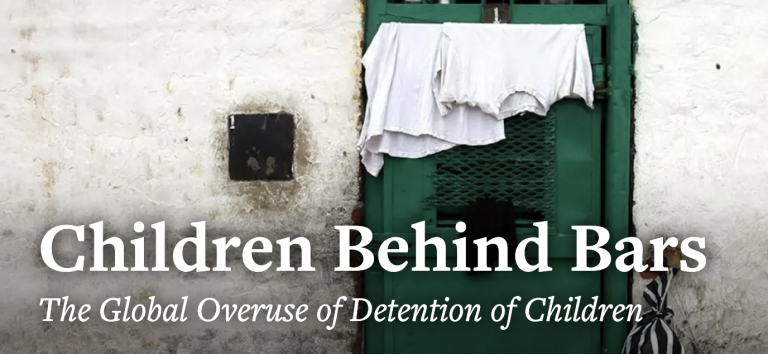
RESEARCH
The Global Overuse of Detention of Children
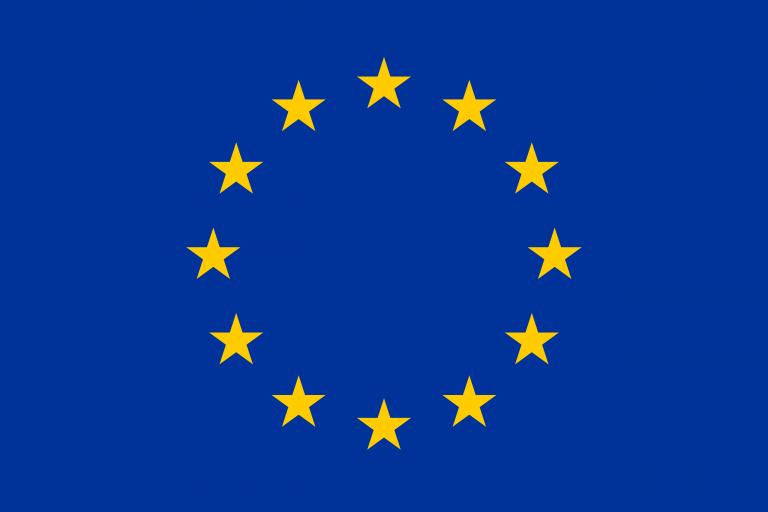
POLICY
EU strategy on the Rights of the Child EU actions
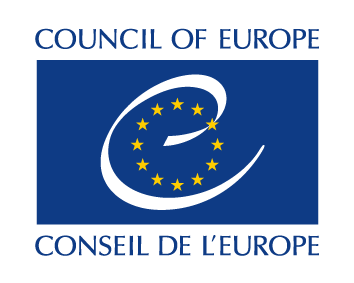
POLICY
Child-friendly justice
Publications

Child-friendly justice
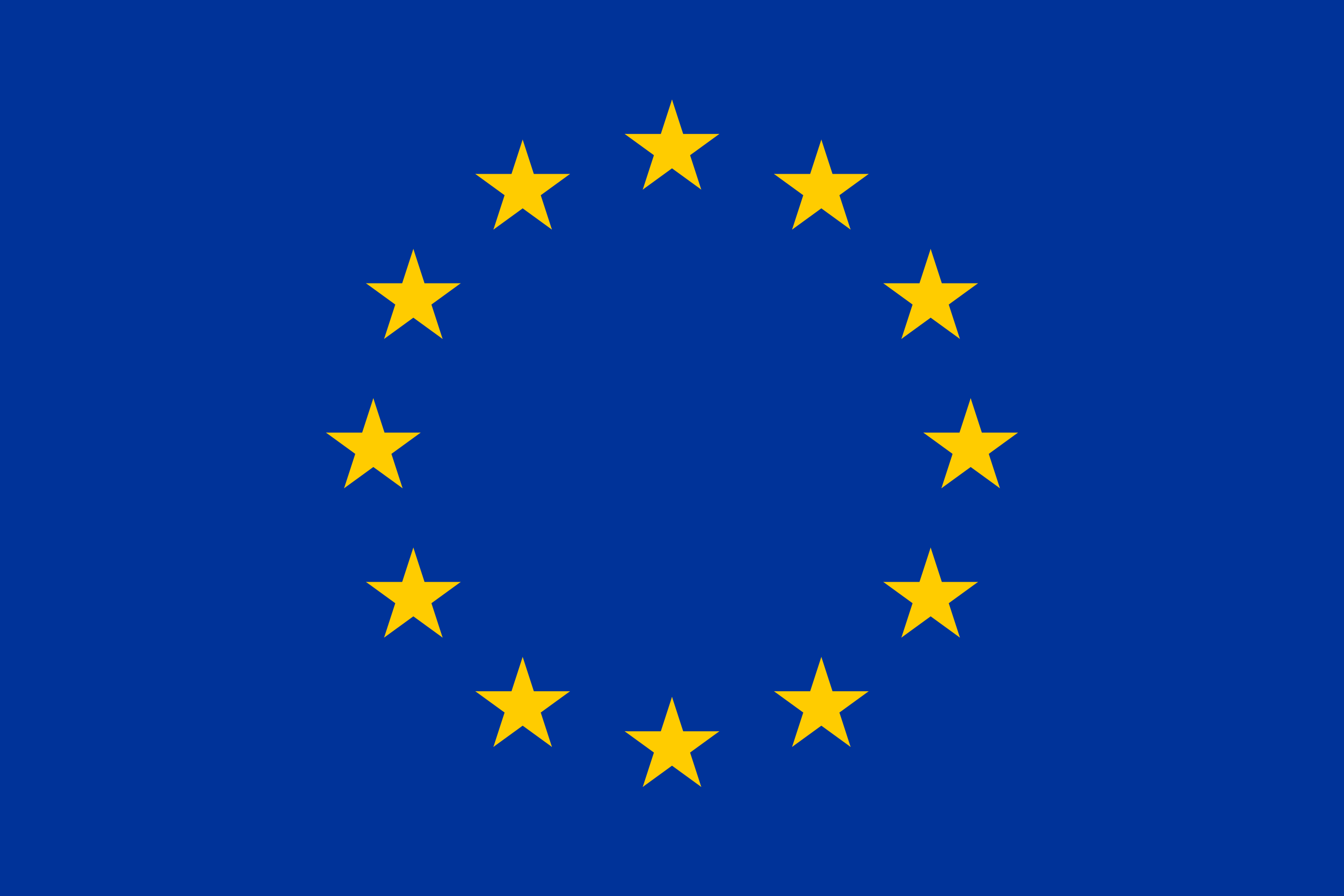
EU strategy on the Rights of the Child EU actions
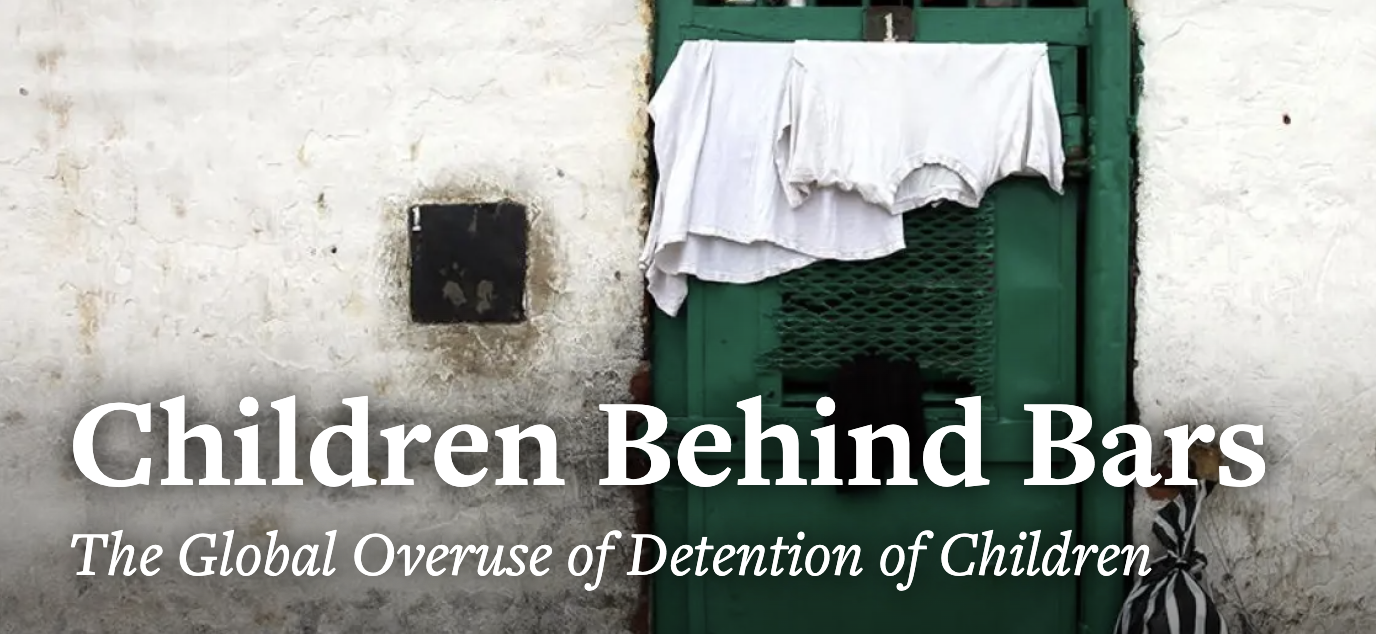
The Global Overuse of Detention of Children

“Children’s Rights Behind Bars”

Monitoring of places of deprivation of liberty for children

Number of minors in Estonian prisons hits all-time low
A small-scale(detention)
facility – Amsterdam
A Small-Scale Detention Facility (KVJJ) is a facility where young people stay close to their own living environment with a lower security level than in the current Judicial Youth Institution (JJI).
- The aim is that care and education or employment are continued or started up as much as possible during their stay.
- Positive elements in the network of the young people can be retained and excisting care, treatment, education and / or work can continue.
- The KVJJ offers young people tailored relational and physical security, supervision and guidance within a positive learning andresidential climate.
- The young people and their network are in charge of the care-plan as much as possible.
- To make the care-plan successful, a range of organisations is involved with the facility, such as probation services, care providers and the municipality.
https://www.youtube.com/watch?v=0sBXuKUXj1o
previous
LIVED EXPERIENCE
next
CHILDREN OF PEOPLE IN DETENTION
previous
YOUNGSTERS
next
CHILDREN OF PEOPLE IN DETENTION
